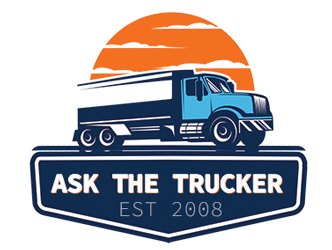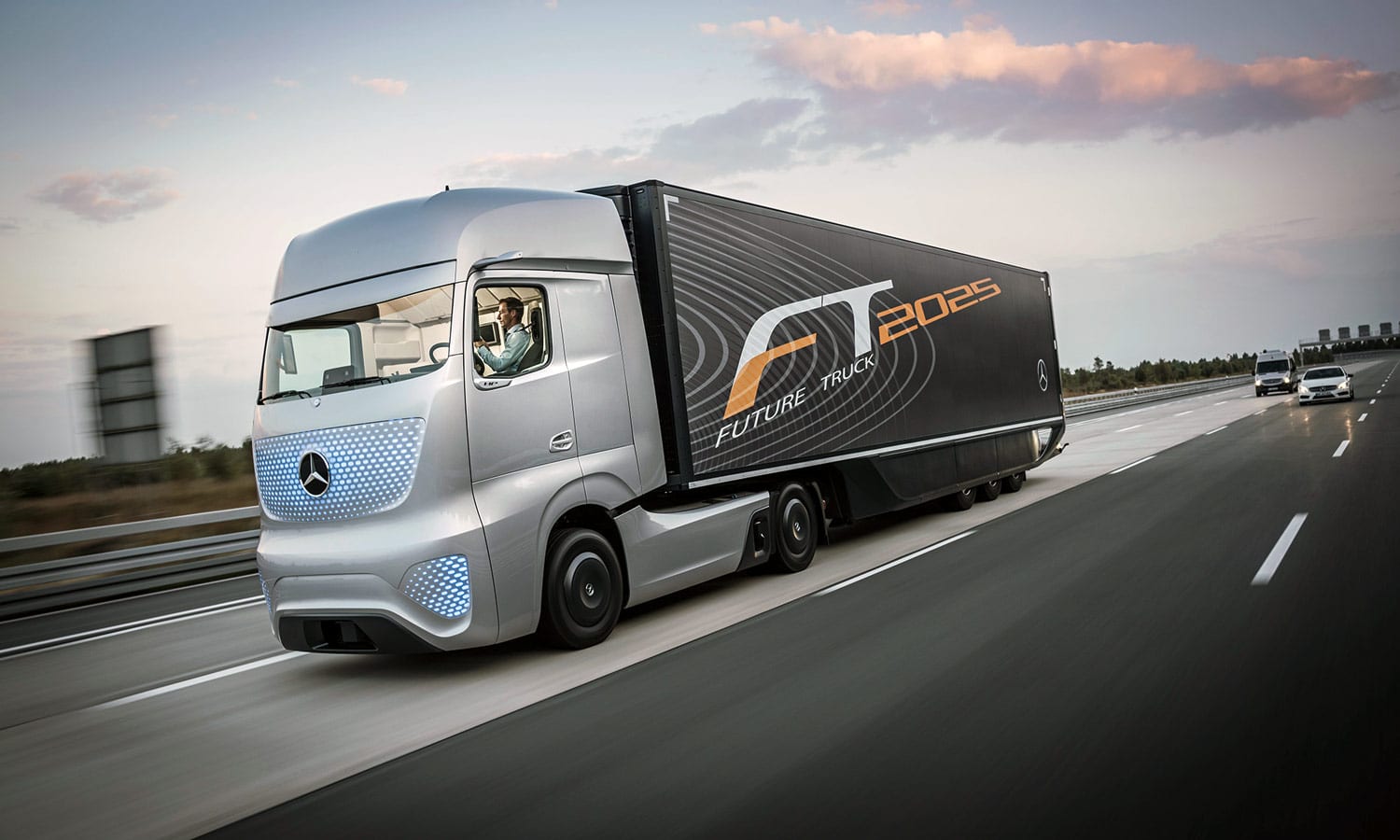Will Trucks of the Future Revolutionize Freight Shipping?
Exploring Advances in Transportation Technology
The logistics industry has always been a vital component of supply chains, ensuring that products and services are delivered efficiently and on time. Advances in technology are transforming the industry, with innovations in trucks, trucking, and the entire freight transportation system. Some of these emerging technologies include autonomous trucks, electric vehicles, artificial intelligence, telematics, and fleet management systems, all aimed at increasing efficiency, reducing costs, and enhancing sustainability.
Autonomous trucks, for instance, have the potential to revolutionize logistics, improving safety, mitigating driver shortages, and reducing labor costs. Companies like Volvo and Freightliner are developing electric trucks, like the VNR Electric and eCascadia, respectively, that offer zero emissions when charged with renewable energy. These vehicles are expected to reduce the carbon footprint and environmental impact of the logistics industry.
In addition to autonomous and electric trucks, advanced technologies such as artificial intelligence and predictive analytics are being integrated into logistics management. These technologies help carriers and shippers optimize routes, enhance fleet management, and anticipate potential maintenance issues, thereby reducing operating costs and improving overall efficiency.
The concept of last-mile logistics is also evolving, with companies exploring innovative solutions to address this challenging aspect of the supply chain. Some approaches include using electric and autonomous vehicles, smart lockers, and local distribution centers to streamline last-mile deliveries while reducing congestion and the resultant environmental impact.
Sustainability is playing an increasingly significant role in the logistics industry, with carriers striving to minimize their carbon footprint and fuel consumption. Innovations like aerodynamic designs for trucks and trailers, lightweight materials, and advanced driver assistance systems are contributing to increased fuel efficiency and reduced maintenance costs.
Despite the numerous advantages offered by these emerging technologies, challenges such as liability, regulatory hurdles, and initial investment costs need to be addressed for widespread adoption. Nevertheless, the future of logistics appears promising as innovation continues to shape the landscape, transforming the way we manage and transport goods globally.
Not only are autonomously driven trucks on the horizon, but there are countless new technologies that are going to change trucking. The next generation of vehicles is going to make hauling freight in the 21st century easier than ever. Even better, they look incredibly cool. These trucks are going to be loaded with the sort of science fiction technology that will have drivers feeling like Batman.
Here are some future trucks that American commercial drivers can look forward to:
1. Mercedes Benz Future Truck 2025
The camera system and radar sensors of the Mercedes Benz Future Truck 2025 work “like the autopilot on a plane,” according to the Daimler company. This system is entirely onboard, meaning that the truck is truly autonomous. It doesn’t have to rely on control from a different source, or a complicated infrastructure. The truck’s onboard computer system brings 100% focus to long-hauls that could otherwise lead to driver distraction or boredom.
The truck also has a next-generation headlight system. Rather than two or four headlights, the Future Truck 2025 has a wide panel of LED lights. This means that the truck will be safer for other drivers on the road without sacrificing visibility. Not only is it safer, though, but the distinctive clean design makes it look like the helmet on a Star Wars villain.
2. Walmart Advance Vehicle Experience Concept Truck
As the world’s biggest retailer, no company has more skin in the shipping game than Walmart. With hundreds of billions of dollars in annual revenues, it makes sense that Walmart would be at the forefront of developing some amazing future trucks.
In keeping with Walmart’s renewable energy vows, the Walmart Advance Vehicle Experience Concept Truck is electric. It may not be autonomous, but the cab offers driver visibility like no other truck on the road. The driver won’t just be comfortable while driving—the truck offers a full-size sleeper. The vehicle is made exclusively from carbon fiber, making it 4,000 lbs. lighter than comparably sized trucks, which frees up and extra 2 tons for freight. Additionally, its engine and aerodynamics give it great fuel economy for a truck of its size.
3. Mercedes Benz Aerodynamics Truck and Trailer
The name says it all: this is the truck for optimal aerodynamics. Mercedes invested 2,600 hours of wind tunnel testing into the Aerodynamics Truck and Trailer to reduce drag. As a result of all that work, every part of the truck is optimized against wind resistance. Mercedes’s innovations are so cutting edge that the shape of the trailer exceeds regulations, and legislation is going to have to change in order to keep up. According to GizMag, though, “The reported benefits are so significant, however, that this may be achieved in due course.” Where other trucks force their way through the air, Mercedes’s Aerodynamics Truck and Trailer will slice through it.
Given its name and the way the Spacetruck looks, someone could understandably think that German automaker MAN’s latest concept truck is intended for use outside Earth’s atmosphere. Seeing it unveiled caused Trucks and Trailers Magazine to declare that “the designers at MAN have made perhaps the most beautiful trucks ever built.”
In addition to its striking design, the MAN Spacetruck is built to be aerodynamic, as well, so those who want to stare at it will have to look fast.
5. The Innotruck
Every industry has its visionary, genius designers. In the world of future trucks, that man is Luigi Colani, a Swiss-German engineer who’s become famous in automotive design circles. The Innotruck, developed by the Technical University Munich, might be Colani’s most striking design.
The Innotruck’s cab looks less like a traditional truck and more like the dearly departed Concorde supersonic jet. It moves like no other truck, too, with the front tires turning on a pivot connected with the cab. The Innotruck is designed to be “both a testbed and a demonstration vehicle for a number of emerging technologies,” meaning that anything that ends up on future trucks may be tested on the Innotruck first.
6. Colani’s Biodynamic Trucks
Luigi Colani didn’t become a visionary engineer by only designing one truck—he’s got a whole fleet of next-generation trucks in the works. Built by Mercedes, what he calls his “Biodynamic trucks” are the ultimate in green design. The trucks are memorable for their pod-like cabs, with three windshield wipers that keep the windscreen dry and recall Mercedes Benz’s distinctive logo.
However, what’s truly remarkable will be the fuel efficiency. According to Bloomberg Businessweek, Colani is working with the Siemens Corporation to improve fuel efficiency for trucks by 25% or more. Whatever the future holds for trucking, it’s a sure thing that there will be Colani designs on the road.
Frequently Asked Questions
How will autonomous trucking impact the freight industry?
Autonomous trucking has the potential to significantly impact the freight industry by increasing efficiency, reducing operating costs, and improving safety. For instance, self-driving trucks can operate for extended periods without driver fatigue, allowing for faster and more consistent delivery times. Additionally, autonomous systems can optimize fuel consumption and route planning, further reducing costs and environmental impacts. However, widespread adoption will depend on regulations, technology advancements, and addressing concerns regarding job displacement.
What role will electric vehicles play in freight shipping?
Electric vehicles (EVs) are anticipated to play an increasingly important role in freight shipping. They promise to lower operating costs by reducing fuel consumption and maintenance requirements. Moreover, EVs can help the freight industry meet its rising demands while significantly decreasing greenhouse gas emissions and air pollution. However, challenges still remain, including battery technology, charging infrastructure, and range limitations.
How will advancements in logistics technology shape future transportation?
Advancements in logistics technology, such as IoT, AI, and data analytics, will greatly enhance the efficiency, transparency, and responsiveness of transport systems. By leveraging real-time data, companies can monitor, manage, and optimize their operations, leading to improved decision making, reduced waste, and increased customer satisfaction. Emerging innovations, such as blockchain, will also enable more secure and transparent transactions in the freight shipping industry.
Are smart highways going to change the way goods are transported?
Smart highways, which incorporate advanced technologies like sensors, cameras, and communication systems, have the potential to improve the efficiency, safety, and sustainability of goods transportation. Through real-time traffic management, optimized routing, and communication between vehicles and infrastructures, smart highways can reduce congestion, fuel consumption, and accidents, ultimately transforming the way goods are transported. However, the implementation of smart highways depends on significant investments in infrastructure and technology.
What impact will drones have on the future of freight shipping?
Drones are expected to play a supplementary role in freight shipping, particularly for last-mile deliveries. By bypassing traffic and navigating directly to delivery locations, drones can reduce transit times and costs, as well as provide a more flexible and localized delivery service. This can lead to improved customer satisfaction and efficiencies for businesses. However, challenges related to regulations, safety, and limited payload capacity need to be addressed before drones can be widely adopted in the freight industry.
How will the Internet of Things (IoT) revolutionize the management of freight and logistics?
The IoT will revolutionize freight and logistics management by generating a vast amount of real-time data from connected devices, such as sensors and GPS trackers. This data will enable companies to closely track their assets, monitor environmental conditions, predict equipment failures, and optimize routes. By gaining insights from this data, businesses can make better-informed decisions, reduce operational inefficiencies, and enhance overall performance. Additionally, IoT technology can support automated systems, such as autonomous vehicles and warehouse robots, further transforming the logistics landscape.

